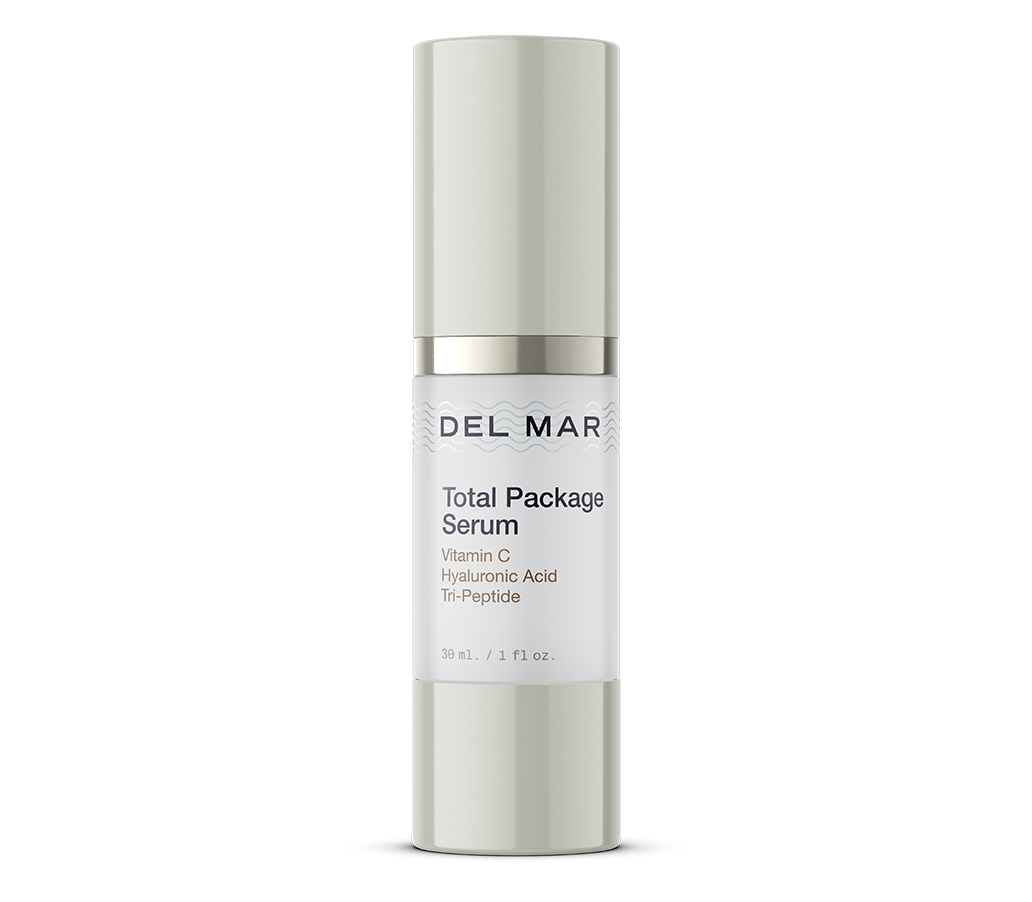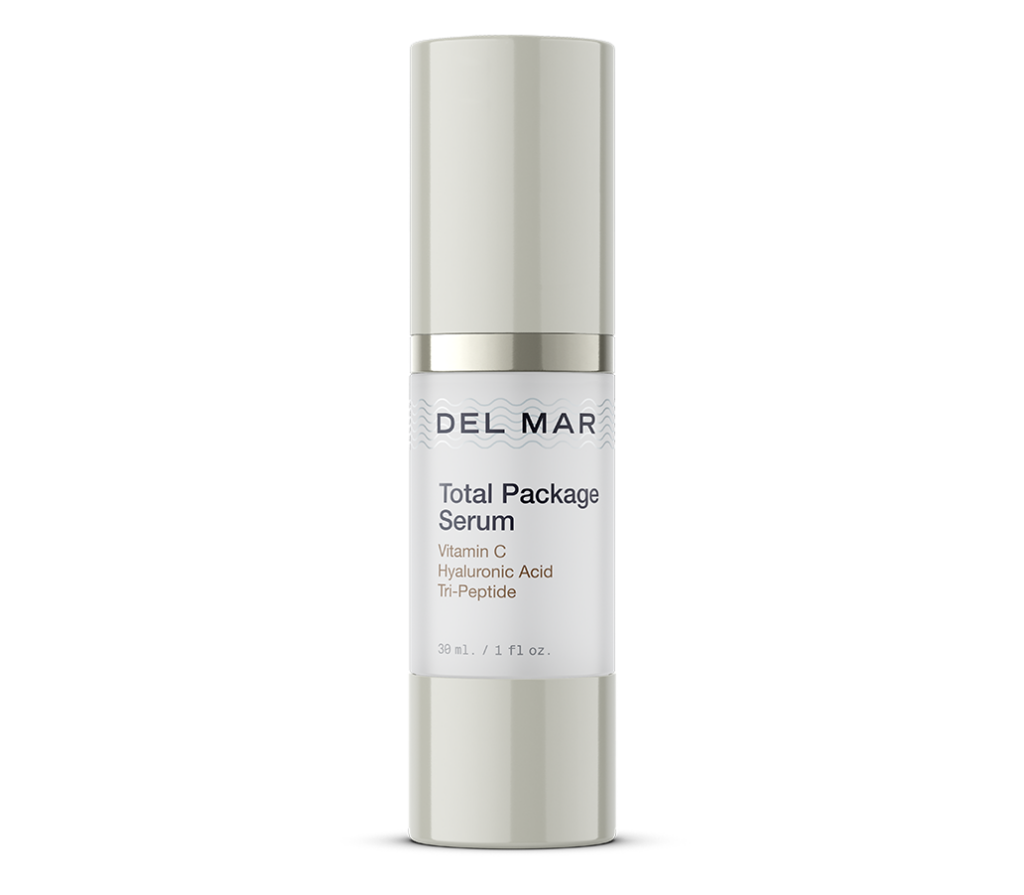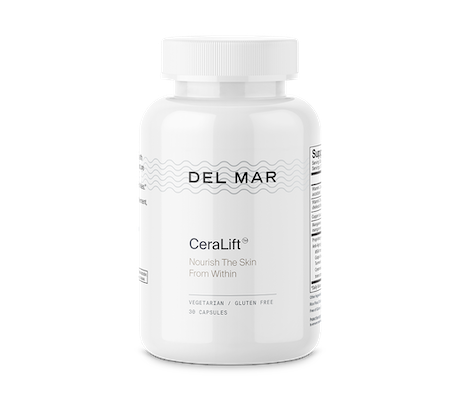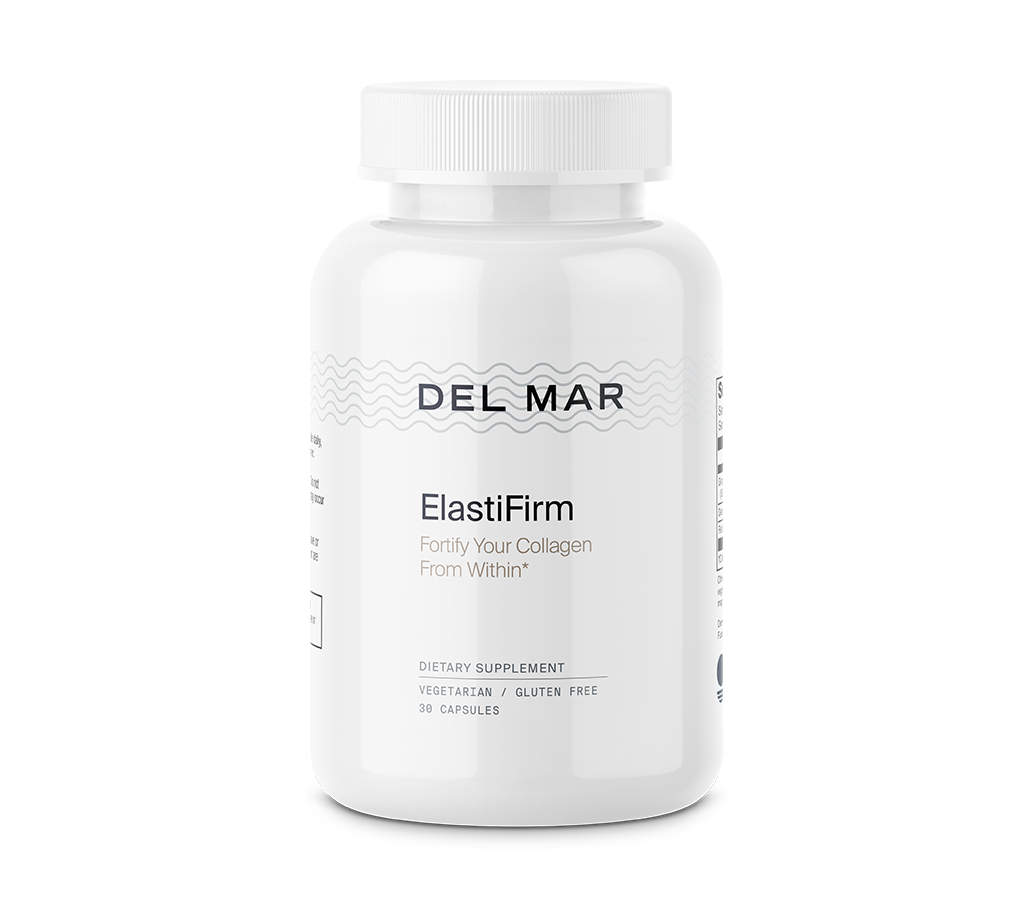Most of us have grown up with the expectation that our eyesight will deteriorate with age, believing this process to be both natural and unavoidable. Yet not everyone experiences worsening eyesight or ocular diseases as they age, begging the questions:
What makes some of us lose our sight while others are able to see well into old age? Are there things that I can do to help keep my eyes healthy? Can we protect our vision as we age?
Fortunately, with a bit of understanding as to what is actually happening to our eyes as we age, we can help to slow this progression and improve the health and functioning of our eyes.
The Aging Eye
As society advances and our collective life expectancies increase, many of us will experience age-related eye diseases. Some of the most common of these include:
- Glaucoma
- Cataracts
- Age-related macular degeneration (AMD)
- Diabetic retinopathy
Even more of us will experience a reduction in our eyesight, dry eyes, or other, less severe eye conditions. These troubles are particularly prevalent among those 55 and older.
While aging does make us more susceptible to damage caused by our surroundings and our lifestyles, it is not simply the process of aging that paves the way towards these diseases. There are factors within our control that will lead to some of us experiencing eye troubles while others keep their youthful eyesight.
What Causes Our Eyes to Age?

Diminishing eyesight and ocular diseases occur as we get older thanks to damage to one of the four eye structures: the cornea, lens, retina, or optic nerve. This damage is largely thanks to oxidative stress and inflammation.(*1)
Oxidative stress occurs when there is an imbalance in our bodies between compounds that cause damage and our bodies defenses to counteract that damage. The molecules that cause damage are known as reactive oxygen species (ROS) and free radicals, while it is antioxidants and enzymes that are able to counteract the ROS and free radicals. (*2)
ROS and free radicals are molecules that are created as part of normal metabolism, however excess formation can be caused by inflammation, UV light exposure, cigarette smoking, pollution, unhealthy food, cosmetics, and more.
Additionally, our eyes have high metabolic rates, which means that they create even more of these ROS and free radical waste products than the rest of our bodies. Because of this, they require abundant antioxidant protection.
When there are too many ROS and free radicals and not enough antioxidants to counteract them, damage can occur to our cells and tissues. This damage leads to many of the chronic conditions of our time, with vision impairment and eye diseases among them.
Counteracting Oxidative Stress with Diet
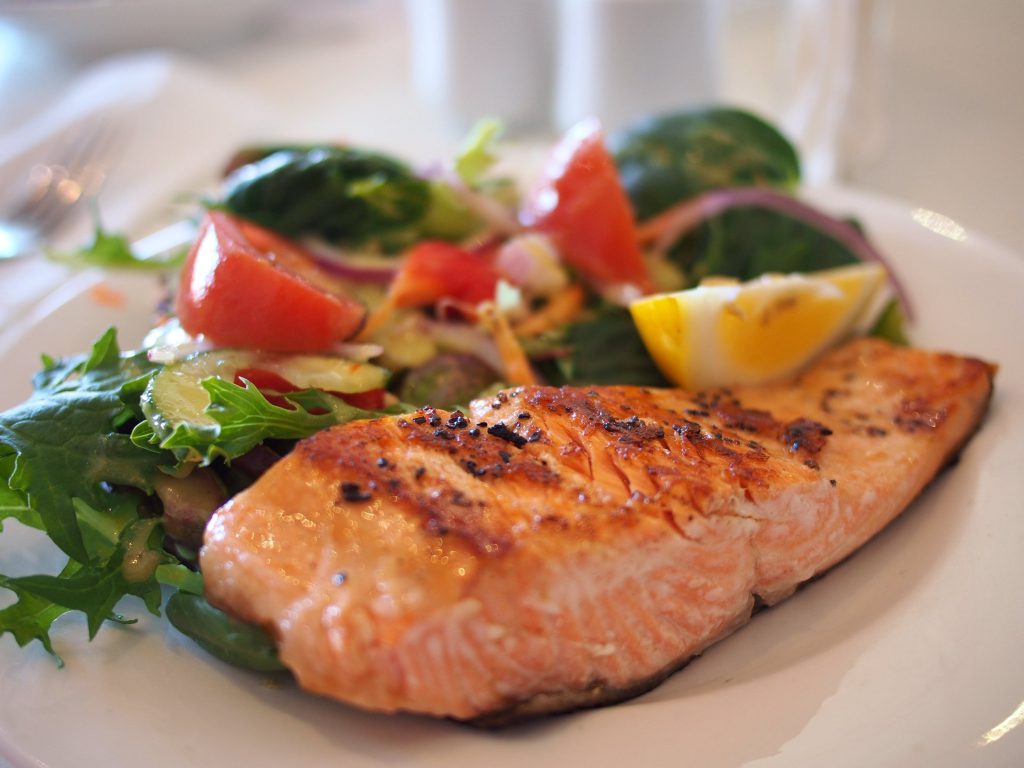
As science progresses, we are starting to come back around to an understanding that was nearly lost throughout this progression: what we eat may be the single most influential factor when it comes to our health. When aiming to counteract oxidative stress toxicity, the key is to reduce inflammation and increase our intake of antioxidants.
There are foods that have been shown to reduce oxidation and inflammation in rigorous scientific settings. (*1) It will come as no surprise that these antioxidant and anti-inflammatory foods all share one thing in common: they are natural, whole foods that have been accessible to humans for many thousands of years.
Over the years we have moved away from healthy, home-cooked meals packed full of whole grains, fruits, veggies, and fish. And what have these foods been replaced with? Processed, refined, and sugary foods—white flour, white sugar, white rice, processed meat, antibiotic- and hormone-laden dairy products, fast food that barely resembles the foods of our ancestors, and a whole slew of not-real-food foods sold in our grocery stores.
Fortunately, if you put the effort into looking, you can find your way back to the foods that will help you to maintain, and possibly even improve, your health as you grow older. If you want to protect the health of your eyes as you age, try adding in some of the following foods: (*1,3,4,5,6,7,8,9,10)
- Salmon, seaweed, walnuts, and other foods rich in omega-3 fatty acids
- Carrots, sweet potatoes, pumpkin, and other bright orange produce
- Oranges, red peppers, kiwis, and other foods high in vitamin C
- Wheat germ oil, roasted almonds, roasted sunflower seeds, and other foods rich in vitamin E
- Oysters, crab, beef, and other foods high in zinc (in moderation)
- Leafy greens, corn, eggs and other foods rich in zeaxanthin and lutein
Closing Thoughts

It is possible to protect the health and function of your eyes as you get older. One of the best things you can do to protect your visionas you age is choose healthy foods over-processed, fast foods. This means eating more plant foods, wild-caught fish, and limited amounts of organic meat.



